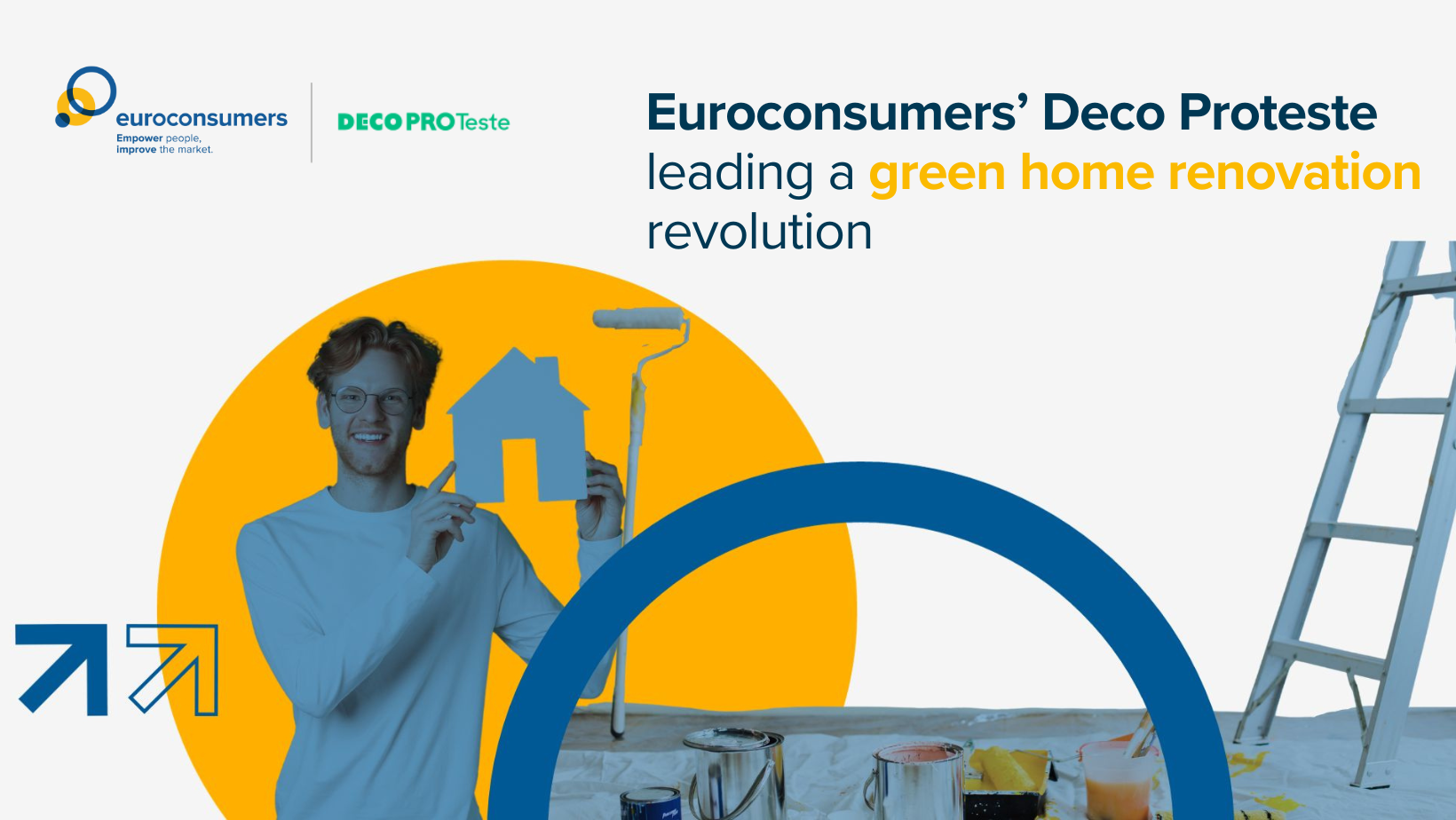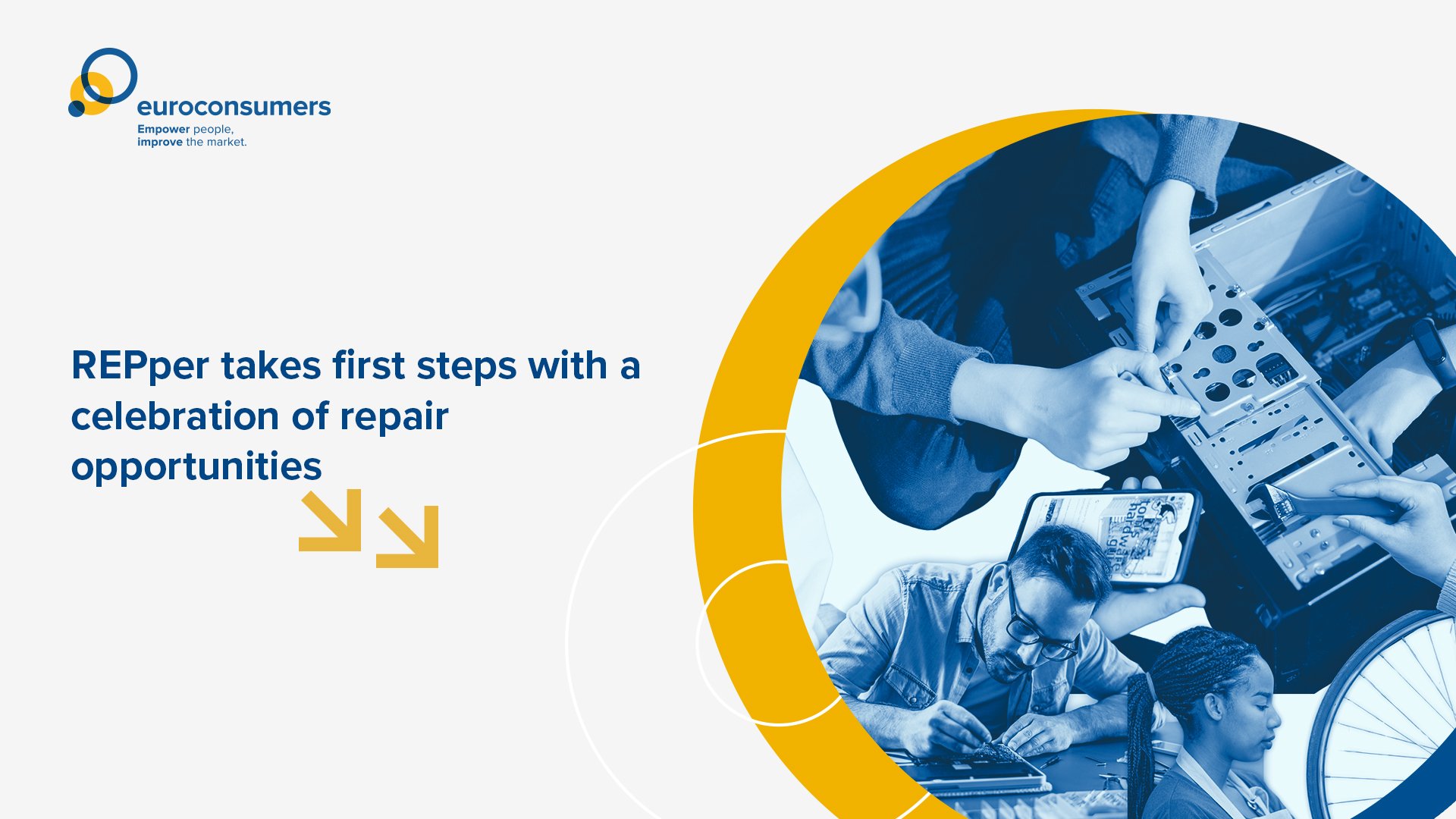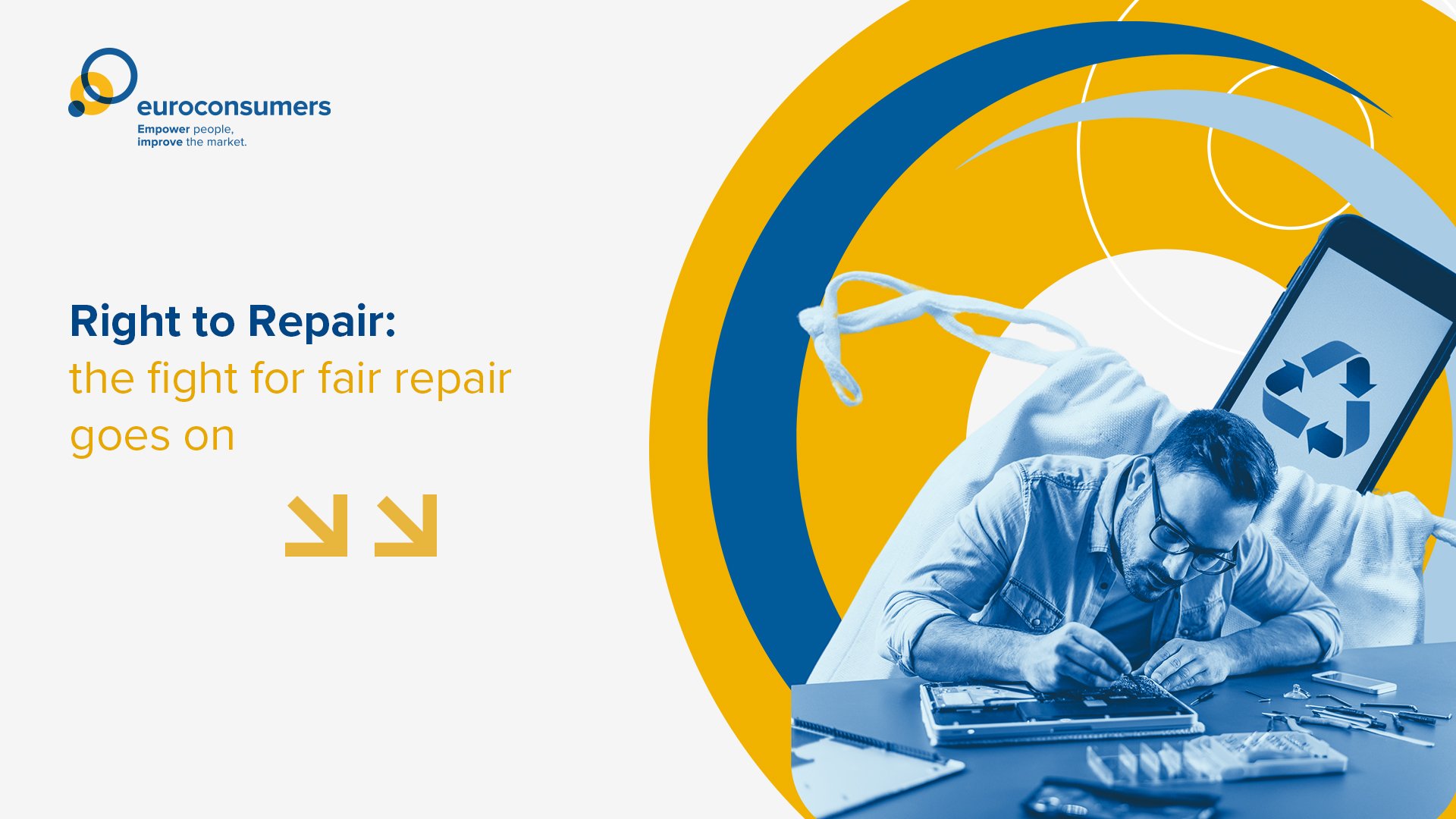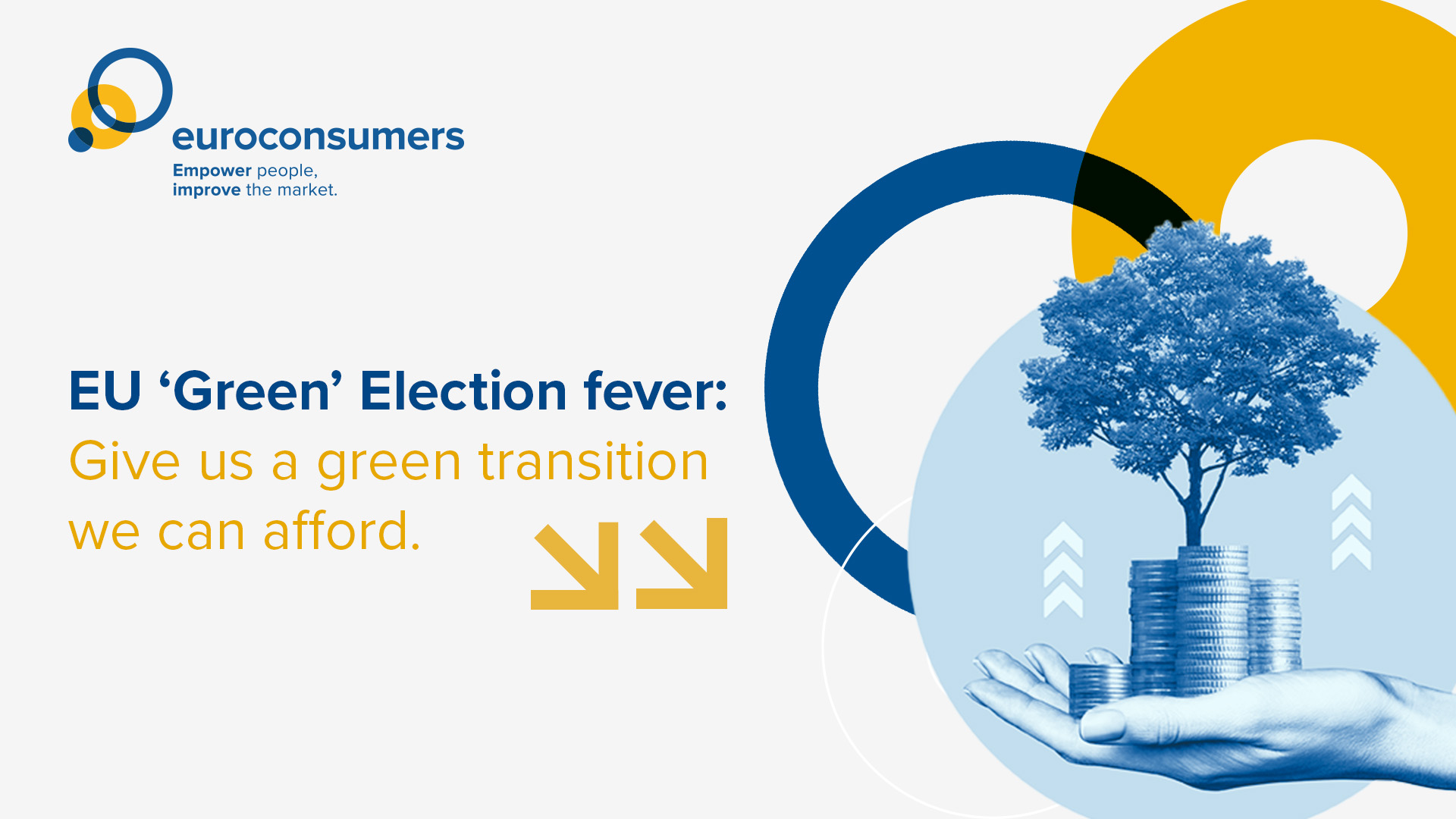Members of Euroconsumers from Spain, Italy, and Portugal have taken the first steps in their journey to promote the repair economy among SMEs, policymakers, schools, community groups and consumers.
As part of the Città Metropolitana di Bologna’s ‘REPper’ (Repair Perspective) project consortium OCU, Altroconsumo and DECOProteste have been working with partners to reset people’s perspectives on repair and circular economy practices through practical support and shared learning.
Why we need a new REPper perspective
Right now, products are cheap and don’t last long. This has led to an understandable perspective on the consumer side that the only option for a broken product is to replace it or dump it.
But shifting SMEs, consumers and policy makers’ perspectives towards circular products that are both durable and repairable could double the amount of materials that are kept in the economy from 8.6% of the 100 billion tonnes of resources used by the world each year to 17%. Keeping materials flowing through the system and in use for longer would decrease the 31 million tonnes of household waste that is currently consigned to landfill (2020 figures).
How is REPper building a new perspective?
Developing a culture of repair and long use needs action from all sides. Here are three initiatives that are starting to do just that:
1. REPper Repair Festival
Marseille’s first Festival of Repair was held in Marseille in celebration of International Repair Day on 19 October 2024. Over the weekend, there were repair services on-site and hands-on workshops to learn how to fix everyday items, like electronics, jewelry, furniture, sports equipment and textiles.
There were also talks on repair industry careers to spark an interest in the opportunities of the future sustainability economy. The event was open to the public and repair professionals, bringing them together to promote easy ways to get actively involved in repair, reuse and upcycling.
2. A website for consumers committed to repair
Altroconsumo have launched a new part of their ‘committed to change’ community empowerment website dedicated to supporting consumers who want to know more about their repair options. The site can be found at: Dispositivo rotto: come puoi fare and has details on the most appropriate repair solutions and on people’s legal rights.
There’s information on how legal warranties and guarantees work and when the seller should offer repairs for free. There are also tips on maintaining household appliances like vacuum cleaners and washing machines. Maintenance and cleaning helps products perform better, avoid repairs and run more efficiently.
Consumers can also find out how to repair specific devices. For example, the owner of a broken vacuum cleaner can go through a guide of all the common issues and decide whether to repair it themselves or take it to a professional. Eventually, many more products will be added to provide guidance on all the usual household goods.
3. International peer-to-peer online learning hub
In September, REPper partner E-Zavod from Slovenia also hosted the first online cross-border learning session with participants from Greece, Bosnia-Hercegovina and Slovenia.
They heard from Recosi, a social enterprise that refurbishes and sells ICT equipment to schools and non-profits. They discussed how implementation of EU Directive and digital passport and could help break barriers to refurb and repair like the scarcity of spare parts and building technical skills.
The Chamber of Public Utilities of Slovenia (ZKGS) brought in the repair perspective from the utility sector, and called for an official repair training programme to address the shortage of skilled staff.
Speakers from the International Hellenic University in Greece led inputs on the need for sustainable fashion and textile design which could be helped by innovations in AI and 3D printing.
Finally, a speaker from the University of Sarajevo School for Economics and Business highlighted the policy challenges for repair, explaining that in Bosnia and Herzegovina the policy process is typically limited to the design phase, whereas more progress could be made with a focus on implementation, monitoring and evaluation.
Put repair at the centre
Circular economies which put repair, affordability and long product life at the centre give businesses an opportunity to reduce costs, comply with new regulations and meet consumer demands.
As a result, they make it much easier for consumers to do the thing they want to do: lessen the environmental impact of what they buy.






